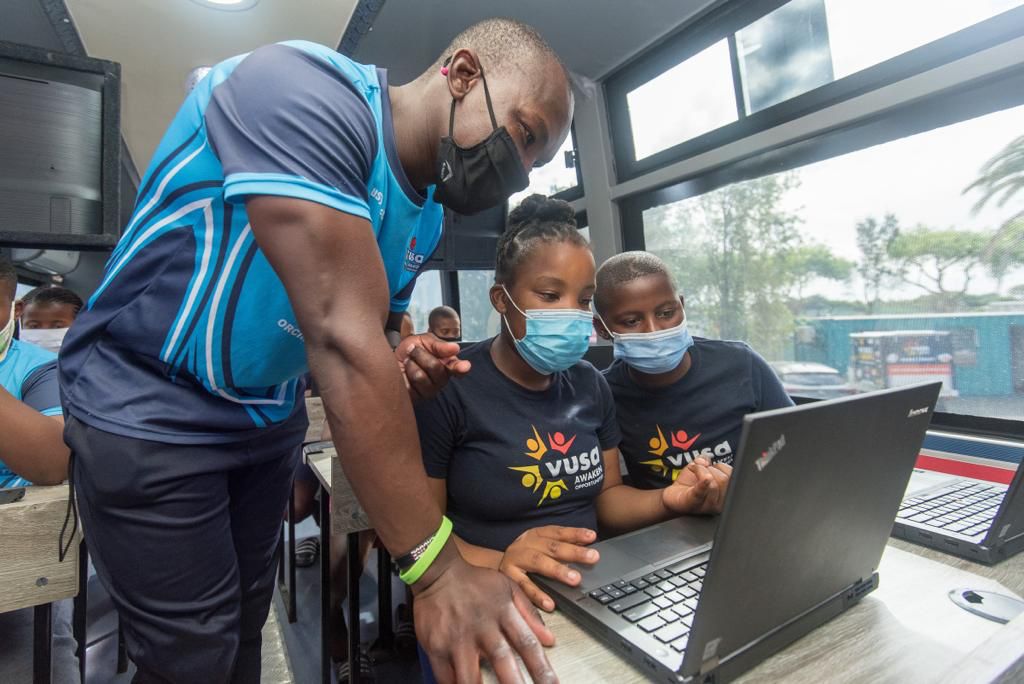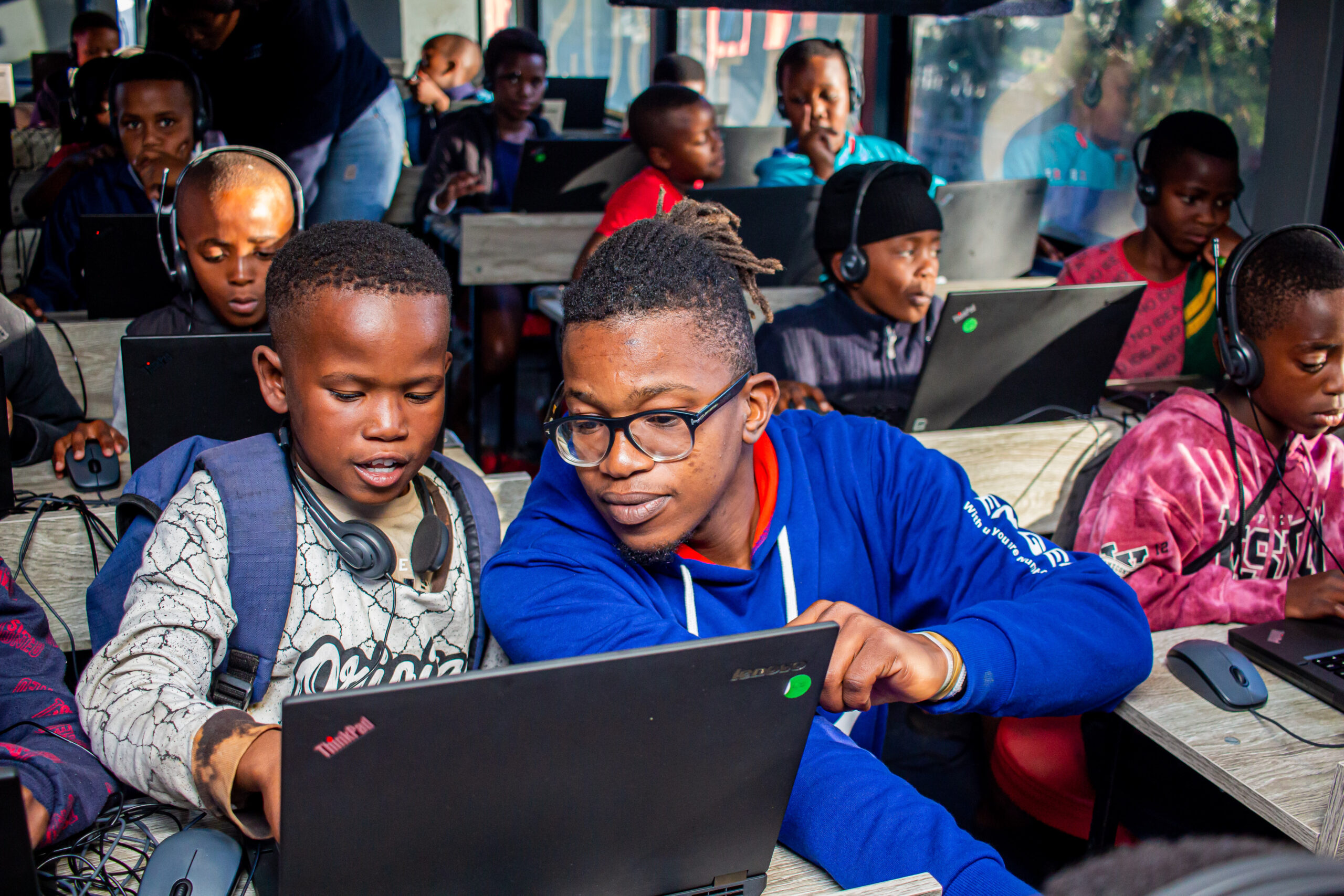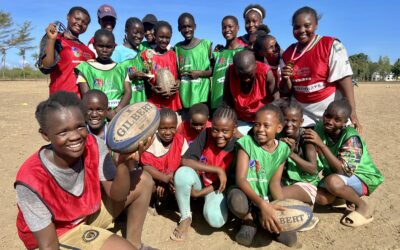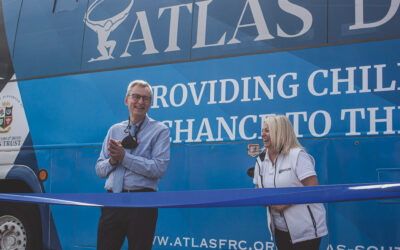On Thursday, May 15th, 2025, we join the global community in celebrating the 14th Global Accessibility Awareness Day (GAAD) – a day dedicated to promoting digital access and inclusion for the more than one billion people worldwide living with disabilities. This year, The Atlas Foundation is proud to spotlight our DigiBus project in Langa, Cape Town, as a powerful example of how accessible technology can unlock opportunity, equality, and hope for every child – regardless of ability or background.
What GAAD Stands For
Launched to challenge how technology is designed and delivered, the GAAD Foundation is driving a worldwide movement to ensure digital accessibility is not an afterthought, but a core requirement. Digital accessibility means creating web and mobile content that people with visual, hearing, motor, and cognitive impairments can independently use – whether through screen readers, captions, adaptive keyboards, or simplified interfaces.
The Atlas DigiBus: Bridging Gaps in Access
In South Africa, digital exclusion is shaped by a complex mix of challenges – from limited internet access and a shortage of technology, to the deep-rooted inequalities of an underfunded education system. For many children in township schools, these barriers can feel insurmountable. Classrooms are overcrowded, resources are scarce, and the abrupt transition from learning in their mother tongue to English in Grade 4 leaves many struggling to keep up. For children with learning disabilities or cognitive challenges, these conditions are even more difficult, often leading to disengagement, falling behind, and eventually dropping out.
Amidst these challenges, the Atlas DigiBus reaches over 1,300 students each week across five schools in Langa, Cape Town, and brings fully equipped mobile learning labs directly to where they’re needed most. Inside, children experience a new kind of classroom – one filled with laptops, adaptable software, and accessible platforms designed to support a variety of learning needs. Lessons are interactive and multisensory, helping students grasp complex subjects through engaging formats. For those who struggle with concentration or sensory overload, the bus offers a calm, structured space to learn.
Crucially, the DigiBus also supports students as they navigate the difficult shift to English-medium instruction, easing cognitive load and building confidence through tailored support. As one teacher put it, “We now really understand the importance of the bus… we see the value it is adding to the learners’ lives.”
Accessibility as a Path to Equality
The Atlas DigiBus doesn’t just teach children how to use technology – it teaches them how to belong in a digital world. This matters for all children, but especially for those with Special Educational Needs & Disabilities (SEND), who face compounding barriers to employment, education, and opportunity. By focusing on:
Digital Literacy
Communication and Problem Solving
Confidence and Inclusion
We’re not just improving school results – we’re increasing children’s chances of long-term independence and employability, and helping them break free from cycles of poverty and marginalisation.
By delivering essential digital tools, internet access, and interactive learning directly to underserved communities, the Atlas DigiBus is opening doors to opportunity for children who might otherwise be left behind. For many, it’s their first experience with a connected classroom – a space where knowledge, confidence, and future prospects grow.
Keep an eye out … something BIG is coming
As the Atlas DigiBus continues to bridge the digital divide in South Africa, a new chapter begins with the preparations to launch of a second Atlas DigiBus in Kenya, expanding the initiative’s reach and reaffirming The Atlas Foundation’s commitment to a world where no child is excluded from the digital future. Look out for exciting updates on this incredible new release.







